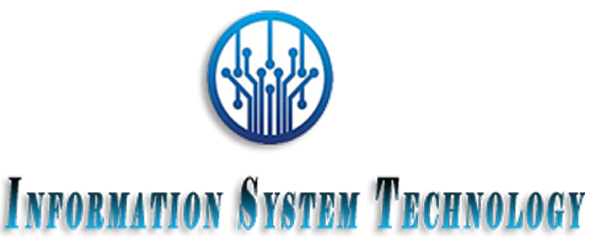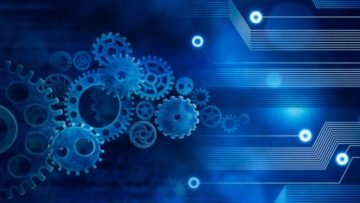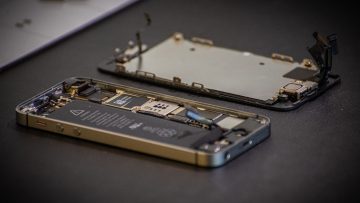Computers are becoming increasingly popular every passing day amongst a wide section of people. With the advent of microcomputers in late seventies and their subsequent performance enhancement in eighties, computers have reached our homes. Computers have undoubtedly revolutionized our whole life style. Computer technology have tremendous applications in medical field, where it has the largest amount of social impact. Computers are playing an important role in the running of large hospitals.
In a hospital, there are several important units such as the out-patient department, emergency ward, operation theatre, diagnostic laboratories, X-ray unit, etc. which function more or less independently. Each of these departments generates a large volume of data that needs to be processed and stored for future reference.
Computer Techniques in Medicine
For example, in a large hospital, there may be hundreds of patients admitted every day. The registration desk has to keep track of all these patients and their medical history. This information is usually stored in registers or files. With the help of computers, this task can be made much easier. The computer can be used to store the patient’s name, age, sex, address, etc. in a database. When a new patient is admitted, the computer can automatically generate a file for him/her and store all the relevant information in it.
Similarly, in a diagnostic laboratory, a computer can be used to store the results of various tests conducted on patients. This information can then be retrieved easily whenever required.
Hospital information system
In recent years, there has been a growing trend towards the use of computers in hospitals. This is known as hospital information system (HIS). A HIS is a comprehensive computer-based system that integrates all the hospital departments into one central unit. It allows doctors and other medical staff to access patient information from any location in the hospital.
A HIS can be used to store a variety of information such as patient’s name, age, sex, address, contact details, insurance details, etc. It can also store information on the various tests conducted on patients and the results of these tests. The HIS can also be used to generate reports on various aspects of patient care.
Data Analysis in Medicine
Computers can also be used to carry out data analysis in medicine. This is a process of collecting and analyzing data related to the health of patients. Data analysis can be used to identify trends and patterns in the health of patients. It can also be used to predict the future health of patients.
Data analysis is often used to study the effectiveness of new treatments. For example, if a new cancer drug is introduced, data analysis can be used to track the progress of patients who are taking this drug. This information can then be used to determine whether the drug is effective or not.
Laboratory Computing
In a diagnostic laboratory, a computer can be used to store the results of various tests conducted on patients. This information can then be retrieved easily whenever required. For example, if a patient is diagnosed with cancer, the doctor may want to know the type of cancer that he has. To find this out, the doctor may order a number of tests such as a CT scan, an MRI scan, and a biopsy. The results of all these tests can be stored in a computer and easily accessed by the doctor whenever required.
Computer-Assisted Surgery
Computers are also being used more and more in surgery. This is known as computer-assisted surgery or CAS. In CAS, the surgeon uses a computer to guide him through the surgery. This helps to ensure that the surgery is carried out accurately and efficiently.
CAS can be used for a variety of surgeries such as neurosurgery, heart surgery, and laparoscopic surgery. In neurosurgery, for example, the computer can be used to map the brain of the patient. This helps the surgeon to avoid injuring any important structures in the brain.





